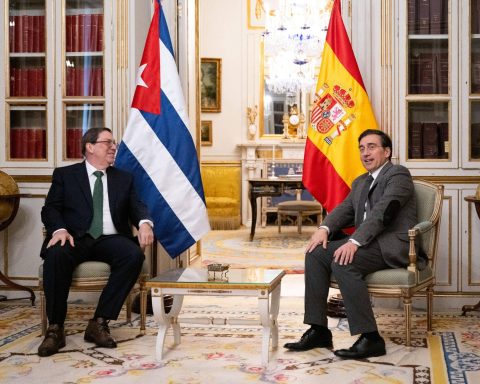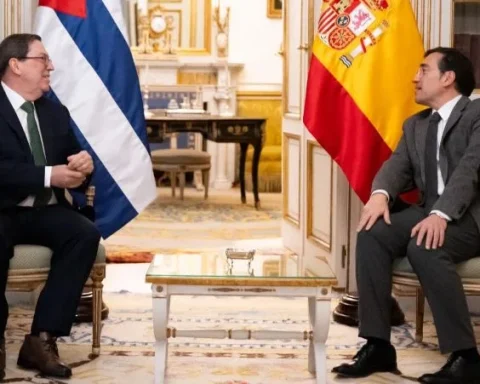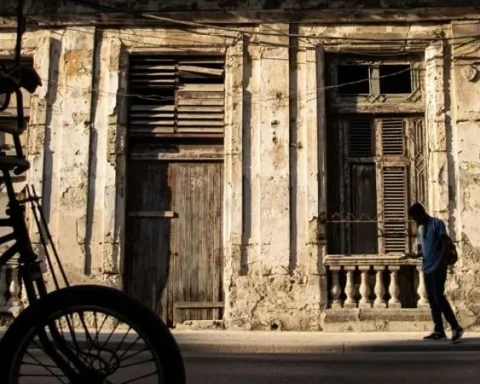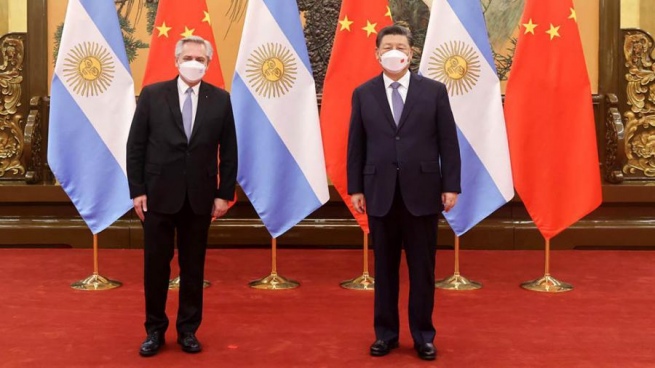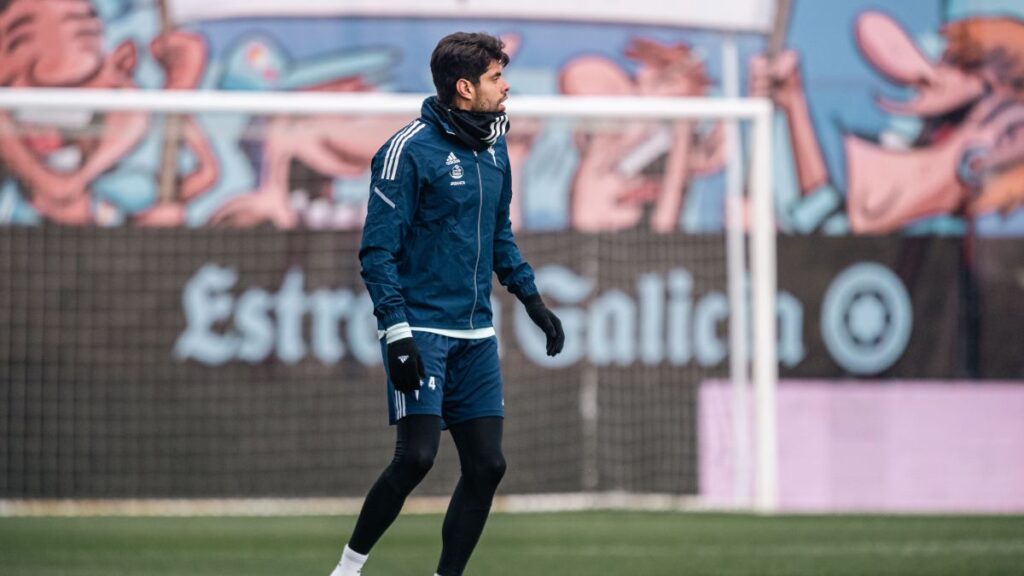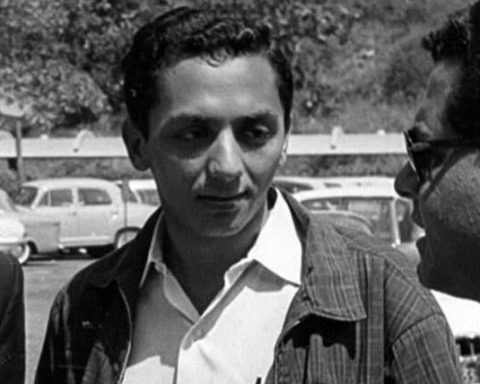The relationship between parents and children monopolizes the debates in Cuba this week on the Family Code, which proposes, among other novelties, the inclusion of the concept of parental responsibility.
Doubts and concerns about the practical implications of the change that would mean the elimination of the concept of parental authority have arisen during the consultation meetings that take place on the Island from this month until next April.
Family psychologist Patricia Arés explained in a national television program that the proposed Code does not expropriate parents from the right to care for, protect, serve and guarantee the conditions for the child to grow up healthy and well-being because None of this contradicts what parental responsibility means.
The new concept, far from limiting, weakening or affecting maternal and paternal responsibility, strengthens and enriches it, said Yamila González Ferrer, doctor of Legal Sciences, in the same space.
During an interview on the Cubadebate site, Ana María Álvarez-Tabío, a professor at the University of Havana, clarified that the parental authority that appears in Roman law establishes rights of a personal and patrimonial nature over children.
Parental responsibility, on the other hand, -he added- attends with preeminence to the actions of the parents with respect to the interests and assets of the child, not as subordinates or extension of their persons, but as subjects of rights according to their degree of development. and maturity.
The new term that incorporates the Family Code project in Cuba has its origin in the 1980s and has been incorporated into the legislative framework of several countries and multilateral organizations as well as international treaties, among which the Convention on Human Rights stands out. of Girls and Boys, of which Cuba is a signatory.
This week, when attending a popular consultation meeting in the city of Holguín, in eastern Cuba, Cuban President Miguel Díaz-Canel addressed the issue by saying that the legal norm recognizes and respects the relationship between parents and children, on the basis of responsibility for their nutrition, their education, their development, their protection, and without violence towards minors.
The Cuban legal project includes other innovations related to children’s rights, among which the recognition of children and adolescents as subjects of Law with the possibility of exercising it based on respect for their progressive autonomy stands out.
The Cuban authorities called for a broad popular debate in more than 78,000 meetings with the participation of seven million voters with the purpose of enriching the content of version 24 of the project, which reached these instances after a process of specialized consultations.
The results of this popular dialogue will be delivered to the National Assembly of People’s Power in May, an institution that hopes to present the text that will be submitted to a referendum in July.
